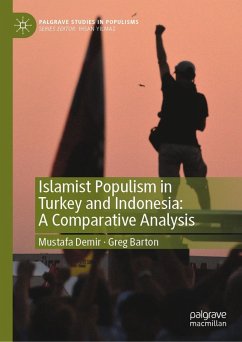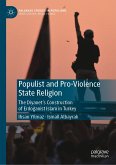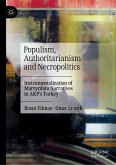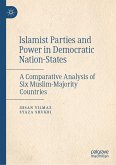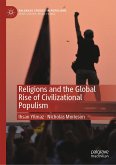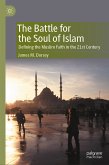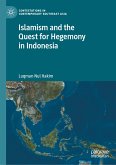Populist movements have adeptly exploited both real and perceived cultural insecurities to acquire, consolidate, and maintain political power. This phenomenon is especially pronounced in flawed democracies and hybrid regimes within Muslim-majority countries, such as Turkey and Indonesia. Notably, religion, specifically Islam, has emerged as a central tool within the populist playbook. Populist actors have constructed a religious-civilizational framework that leverages political binaries, manipulates insecurities, and fosters traditional anti-elite and anti-'other' sentiments.
In this book, the authors advance the notion that populism is a multifaceted phenomenon that relies on various pre-existing fractures within societies and cultures. Once in power, populism intensifies these differences to further consolidate its position, utilizing various state apparatuses such as state-controlled religious institutions. This comprehensive analysis offers insights into the growing trend of populism in the Muslim world and its impact on contemporary politics.
Dieser Download kann aus rechtlichen Gründen nur mit Rechnungsadresse in A, B, BG, CY, CZ, D, DK, EW, E, FIN, F, GR, HR, H, IRL, I, LT, L, LR, M, NL, PL, P, R, S, SLO, SK ausgeliefert werden.

